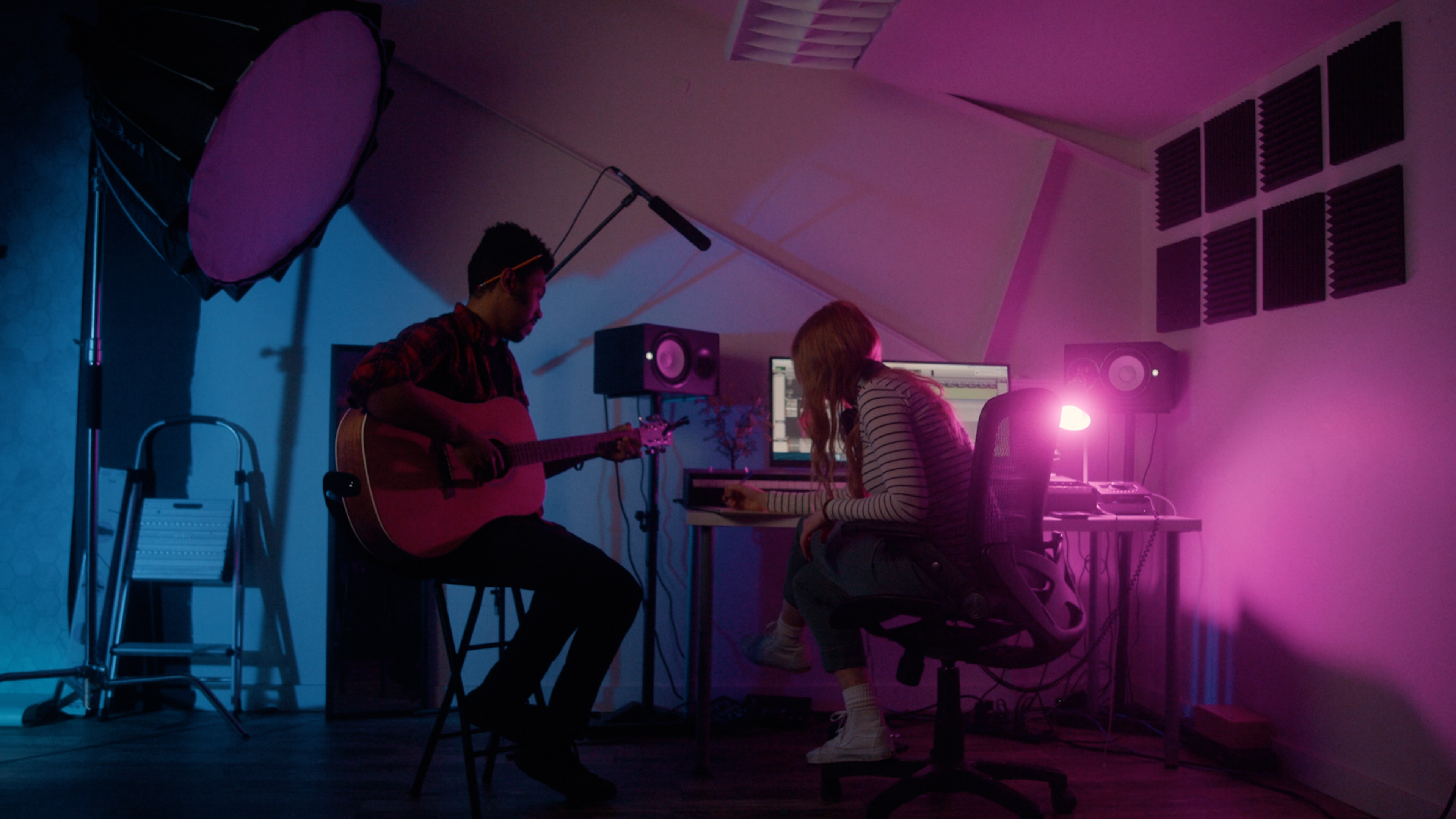
4 Things To Know When Hiring A Composer
I’ve had the unique dual experience of being both a filmmaker and composer. And I’ve used this knowledge to develop these tips.
Continue ReadingBy Kevin Graham
There are some situations where using pre-recorded sound effects just won’t get the job done. Maybe you need a sound extremely specific to one of your shots. Or maybe you want to record your own library of sounds to use in future projects.
The ability to record your own sound effects is a valuable skill. And in this video, we’re going to share 5 tips for recording your own sound effects.
Literally any object can be a sound source.
Right now, as you’re watching this, there are probably dozens of items in the same room as you that could be moved, struck, dropped, or otherwise manipulated to make a sound.

Creating foley and even cinematic sounds from ordinary, everyday objects takes no more than a microphone, some effects processing, and a bit of creativity.
You’d be amazed at the sounds you can create from otherwise “boring” objects around the house, and
you can hear some of these cinematic sounds I created in the video above.
Most portable field recorders have a stereo mic setup, and it’s important that you utilize this when recording sounds. When your sound effects take up the entire stereo field, they just sound fuller and more lifelike.
In the video above, you can hear a direct comparison between a mono and stereo sound. Notice the huge sense of directionality with the stereo file.
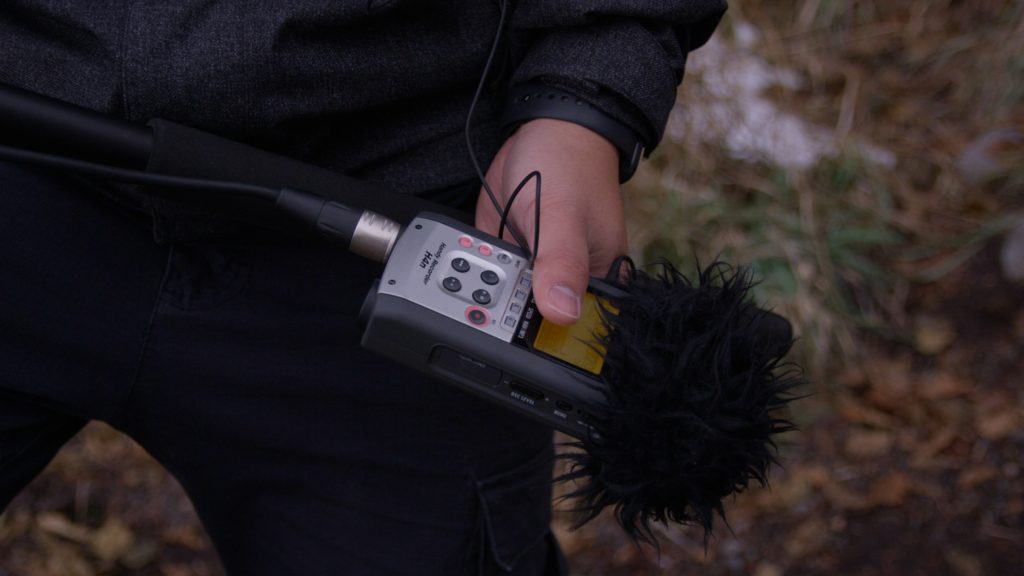
When you record your sounds in stereo, you often don’t even need to layer them in the edit, which will save you a ton of time over the course of a project.
I like to have a small field recorder with me at all times, ready to go with a battery and a card. From a freak thunderstorm to a passing siren from an emergency vehicle, some of my best sounds have been recorded spontaneously.

You obviously don’t need to have a recording device with you at all times, but if you keep yours ready and accessible around the home or office, you have better odds of not missing out on some great, unplanned sounds.
Unless you’re recording ambiences, you want the sounds you’re recording to be clear and free of any distractions. This means getting as far away from any traffic, HVACs, wind, crowds, or any other unwanted sound sources.
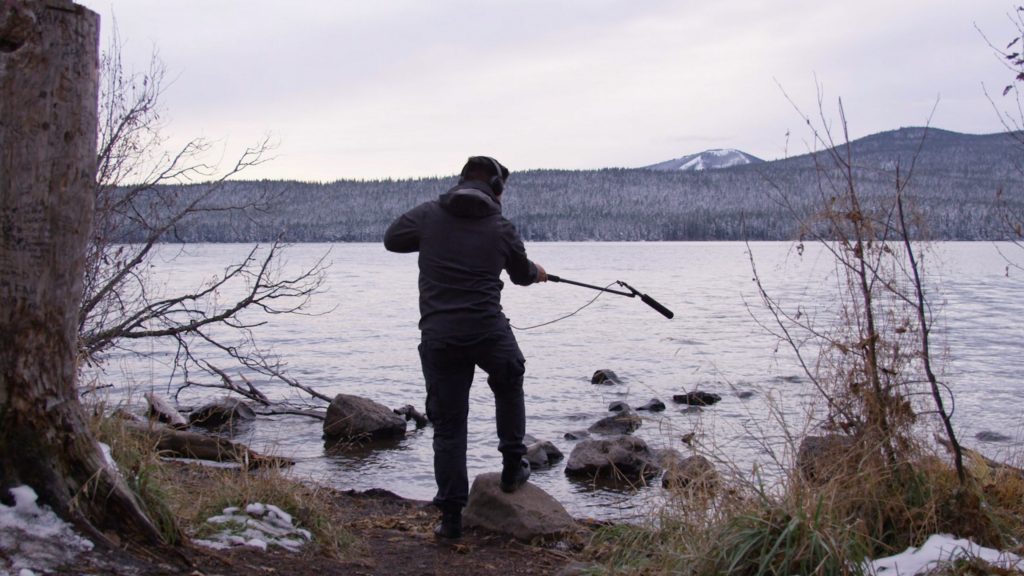
At home, you can create your own DIY sound booth in a quiet room using a couple C stands and blankets.
And you can experiment with mic direction and pickup pattern when outdoors to cut down on background noise.
In some cases, you can even “notch” certain types of constant background noise in post, using an EQ.
An often-overlooked aspect of recording sound effects is how close your mic is to the sound source.

If you’re looking for some really dry, clean sounds that you’ll add a lot of processing to, you should place your mic as close as possible to the source.
But, for example, if you’re recording a sound effect that needs to sound far away from the camera, try recording from different distances away from the sound source. Reverb and processing can usually make a close thing sound like it’s farther away, but if you can record it at the right distance in the first place, there’s just no emulating that.

Recording your own sounds is a rewarding, useful, and downright fun skill to learn. With these tricks in mind, you’ll be building your own sound effects library in no time.
Kevin is the Music Director and Lead Composer at Filmpac.

I’ve had the unique dual experience of being both a filmmaker and composer. And I’ve used this knowledge to develop these tips.
Continue Reading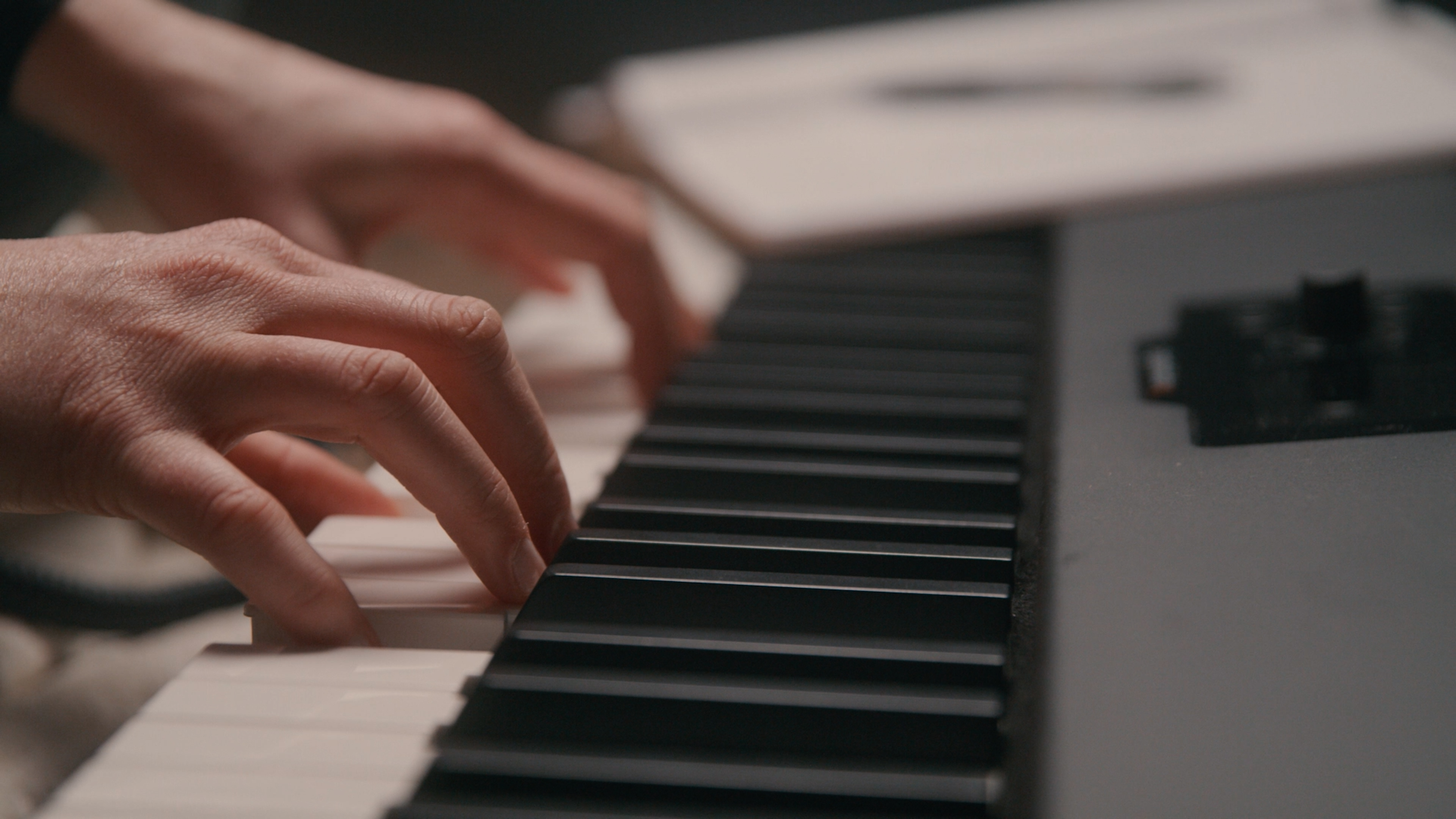
There are basically two ways to get that music: either hiring a composer, or licensing pre-existing music from a stock website.
Continue Reading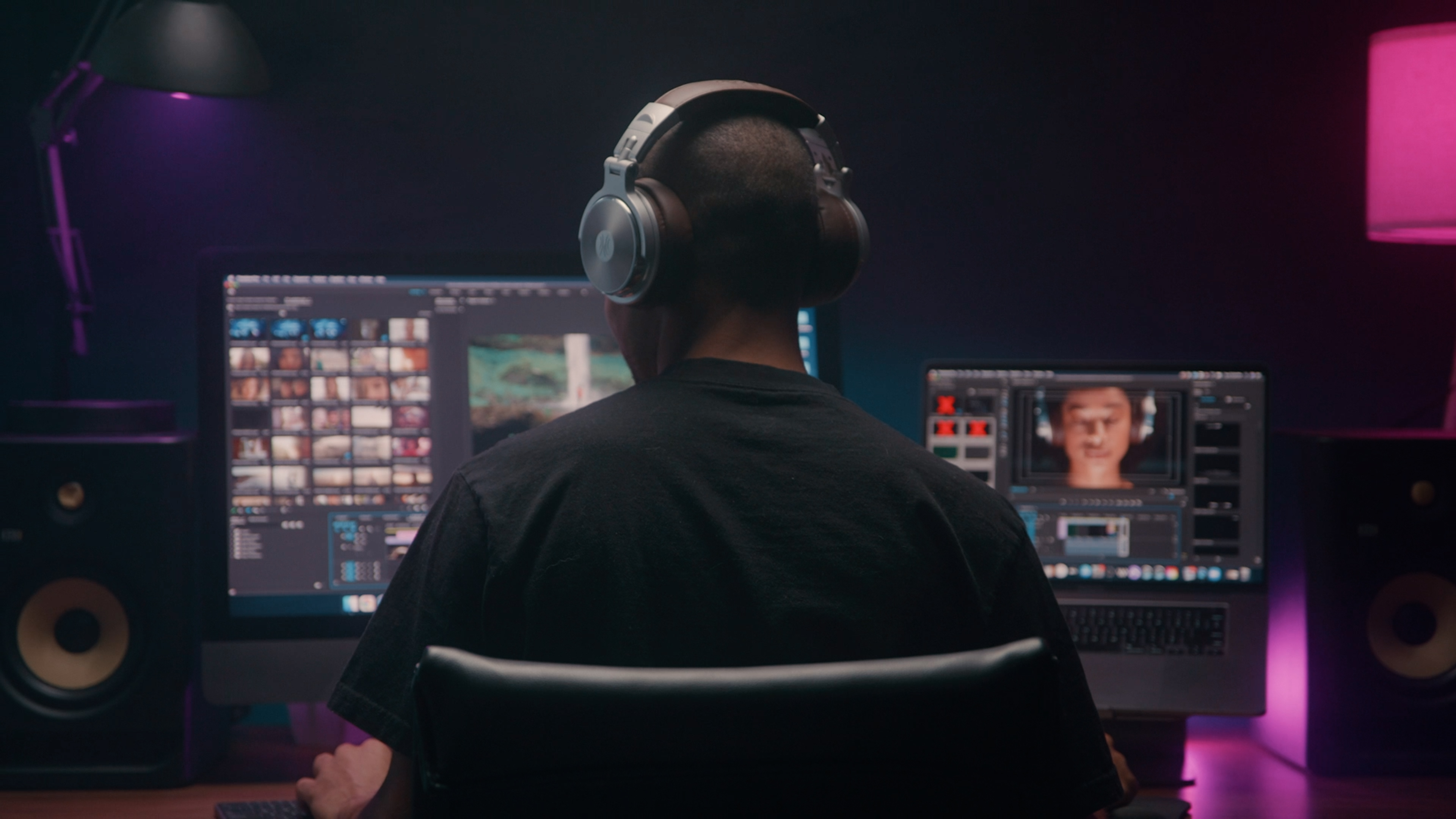
An audio limiter is a great tool to help you control your video’s loudness. We explain when and how to use one here.
Continue Reading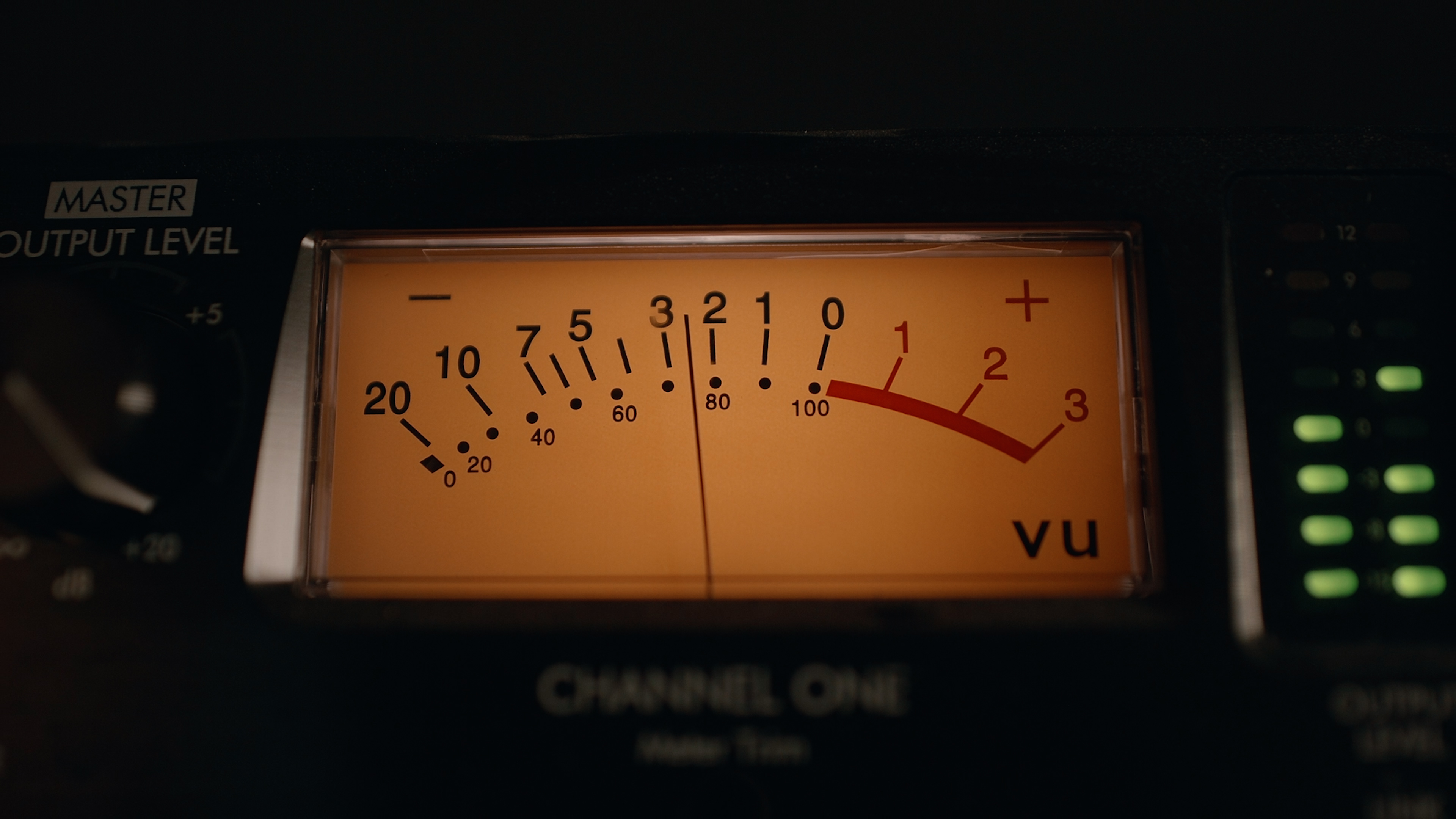
One of the most useful audio effects in video post production is compression. This article explains what it is and when to use it.
Continue Reading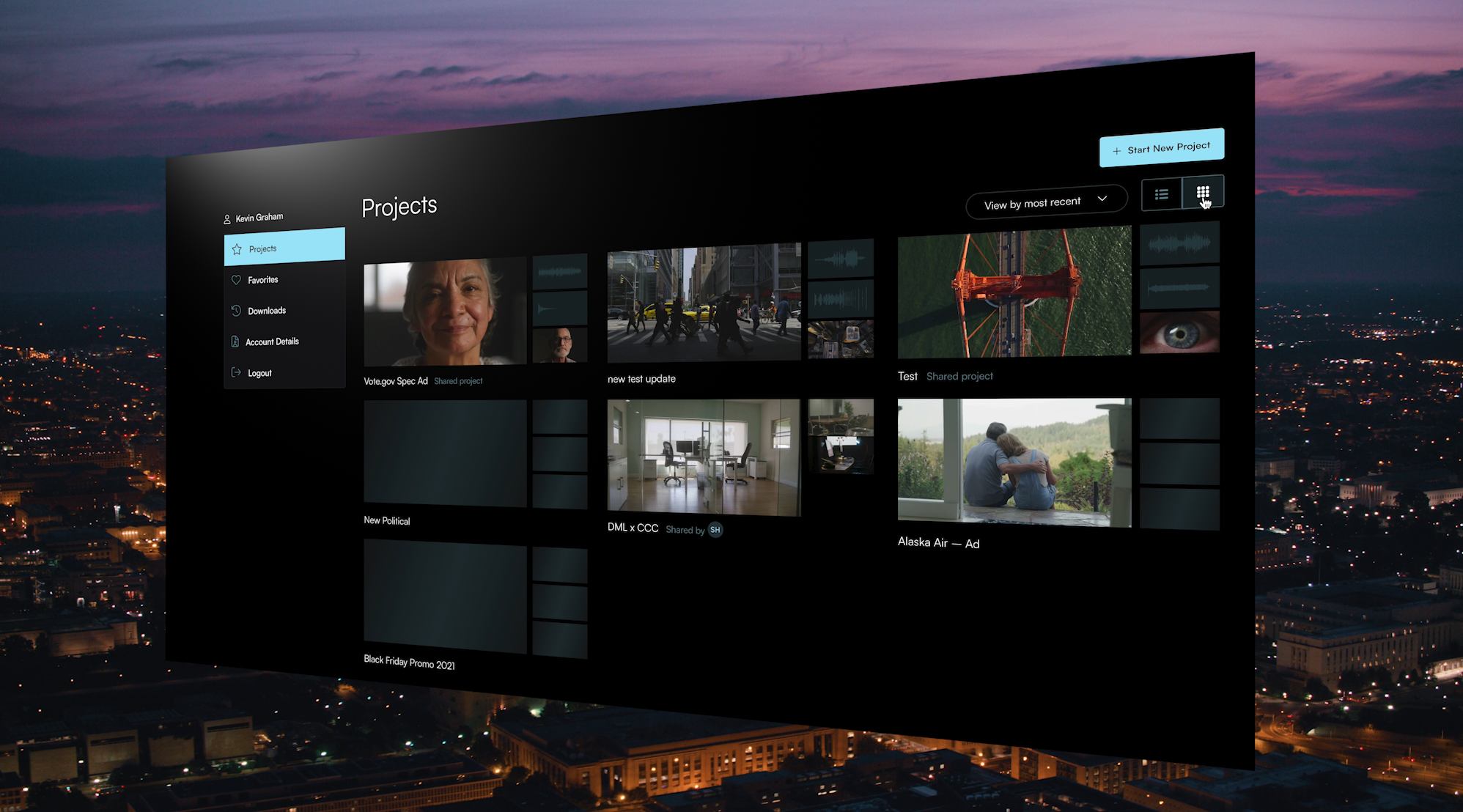
Filmpac’s newly-designed Project Feature is a powerful tool for collaborative video editing. Here’s a quick rundown of how it works.
Continue Reading
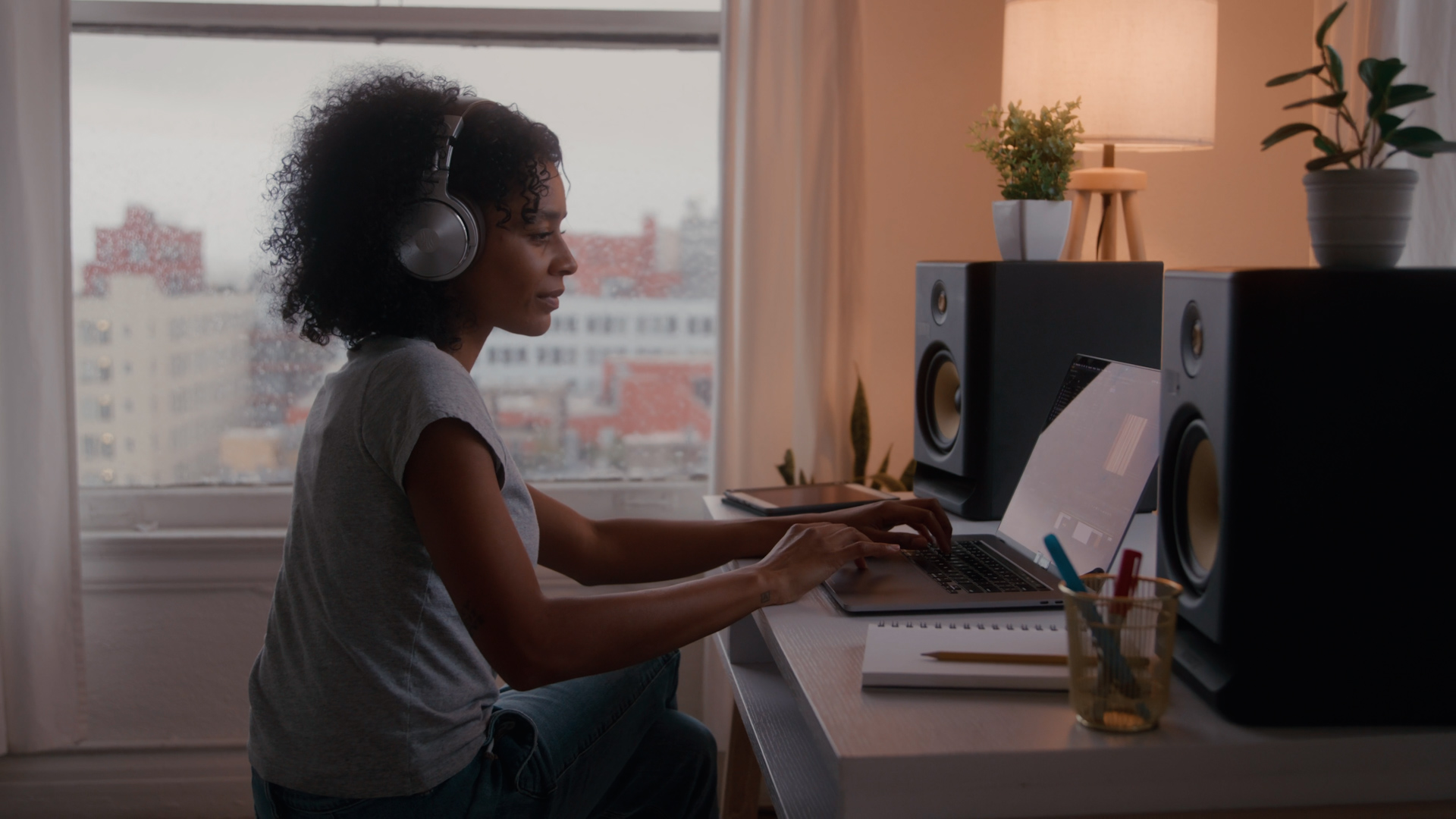
One of the most difficult parts of being a professional filmmaker is effectively managing and budgeting your time.
Continue Reading
Want to make money selling footage through a major stock footage platform like Filmpac? This page will walk you through the processs.
Continue Reading